[ DSD | Open Water | Advanced | Rescue | Nitrox | Deep | Sidemount | Self-reliant | Cavern ]
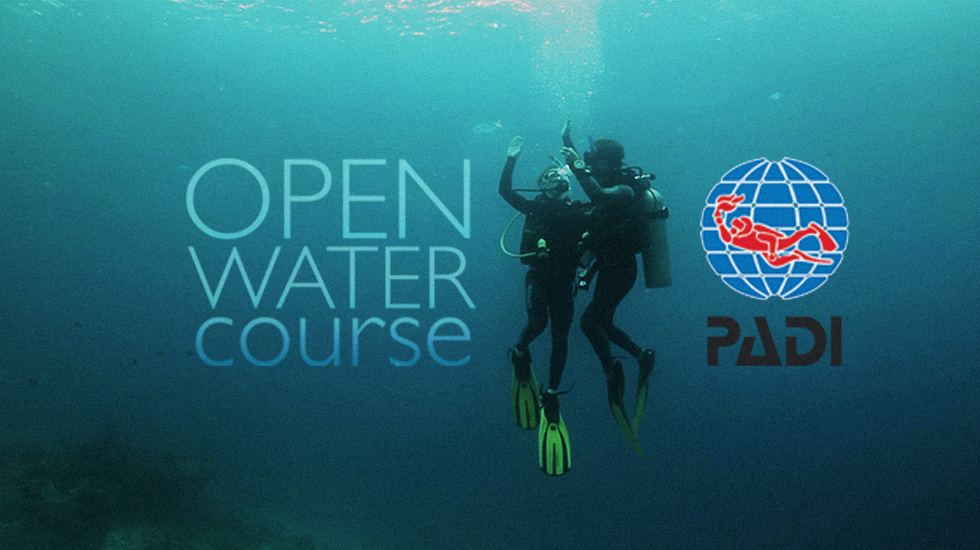
Open Water course €490
Open Water Diver
The PADI Open Water Diver course is the first step into the underwater world.
To start the PADI Open Water Diver course (or Junior Open Water Diver course) you have to be at least 10 years old. You can swim and you are in a healthy physical shape. No former diving experience is required.
Equipment
You use your own mask, fins and wetsuit. For the course dives, we supply the tank, BCD, weights and regulatorset.
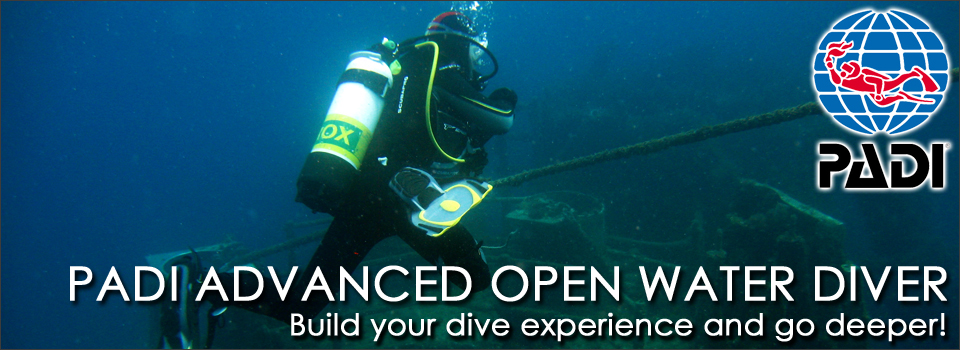
Advanced Open Water course €350
The Advanced Open Water Diver course is all about advancing your skills. You’ll practice navigation and buoyancy, try deep diving and make three specialty dives of your choosing (it’s like a specialty sampler platter). For every specialty dive you complete, you can earn credit toward PADI specialty certifications.
Here are a few of the many options: Deep, Cavern, Dry Suit, Enriched Air Nitrox, Night, Search & Recovery, Sidemount, Underwater Navigation, and Wreck Diver.
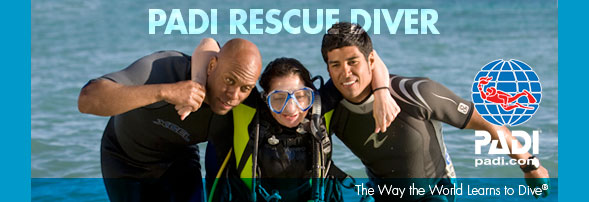
Rescue course €300
The PADI® Rescue Diver course will change the way you dive – in the best possible way. Learn to identify and fix minor issues before they become big problems, gain a lot of confidence and have serious fun along the way.

Enriched Air Nitrox course €125
Enriched air, also known as nitrox or EANx, contains less nitrogen than regular air. Breathing less nitrogen means you can enjoy longer dives and shorter surface intervals. No wonder Enriched Air Diver is the most popular PADI® specialty.
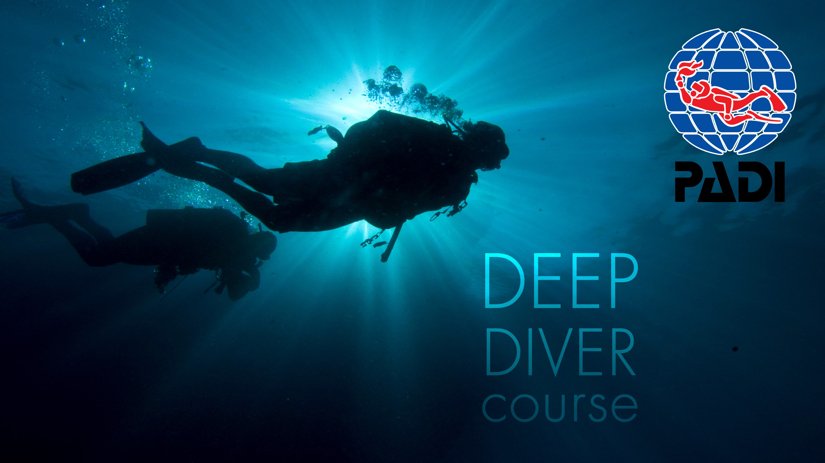
Deep diver course
During the PADI® Deep Diver course, you’ll learn how to plan deep dives, manage your gas supply and how to identify and manage narcosis.
You’ll learn about buddy contact procedures, safety considerations and buoyancy control at depth.
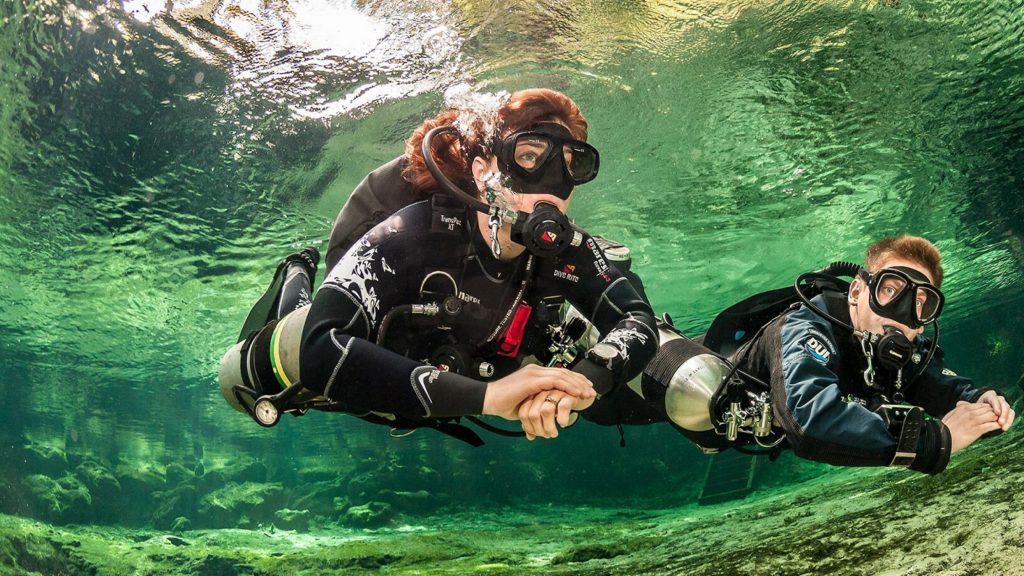
Sidemount course
The PADI Sidemount course
Sidemount originates from cave diving, but it’s becoming very common in recreational diving.
Having scuba tanks on your back isn’t a requirement for exploring the underwater world. Many scuba divers have discovered the joy of mounting cylinders on their sides. Sidemount diving gives you flexibility and streamlining options. Plus, you don’t have to walk with heavy cylinders on your back – just enter the water, clip them on and go. Sound interesting? Sign up!
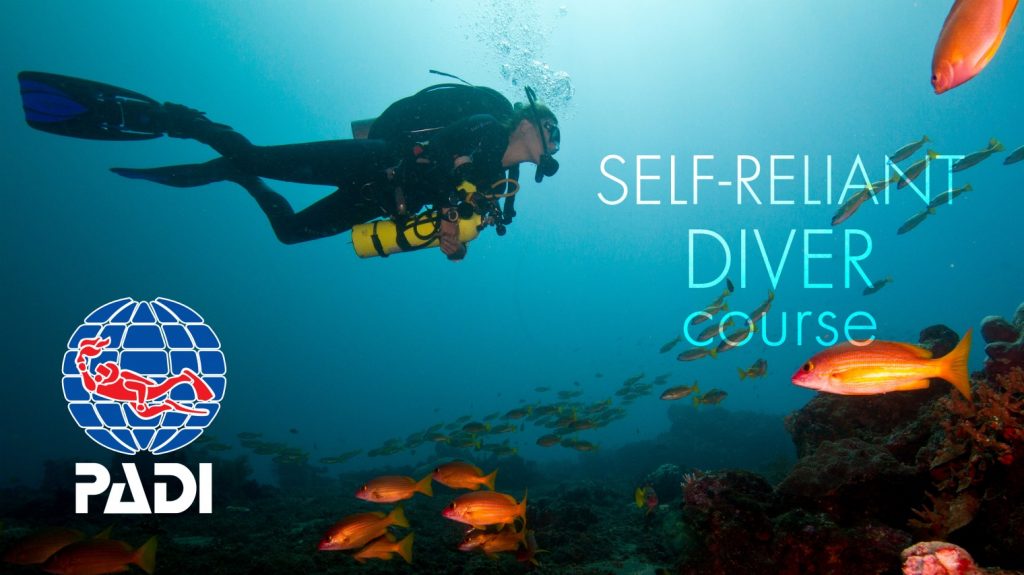
Self-reliant diver course
PADI Self-reliant diver
With proper training, equipment and the right attitude to accept the risks involved in independent diving, an experience diver can responsibly engage in dives without a buddy. Self-reliant diving is an adventure activity that is not for everyone, but does have its place. If you have the mental discipline and commitment to learn and follow self-reliant diving techniques, you’ll bolster your skills and confidence when diving alone, in a dive pair or as part of a team.
You need to be a PADI Advanced Open Water Diver who is at least 18 years old and has 100 logged dives to enroll in the Self-Reliant Diver course. You’ll also complete a skills assessment with your PADI Self-Reliant Diver Instructor before diving into the course.
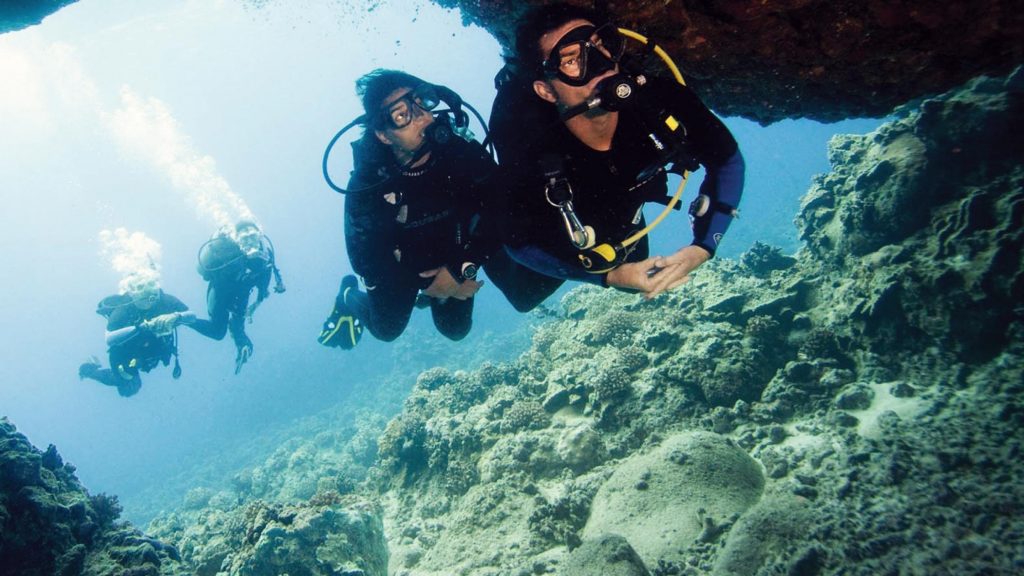
Cavern Diver course
PADI Cavern diver
Caverns exist in many areas where scuba divers venture – from freshwater springs to volcanic island walls and limestone coasts. In these locations you’ll find large, dark spaces that seem incredibly inviting, yet are potentially dangerous. The PADI Cavern Diver Specialty course gives you the knowledge and skills to explore caverns correctly – allowing you to enter far enough for adventure, but staying within the light zone for an easy exit to open water.
You need to be a PADI Advanced Open Water Diver and at least 18 years old to enroll in the Cavern Diver course.
